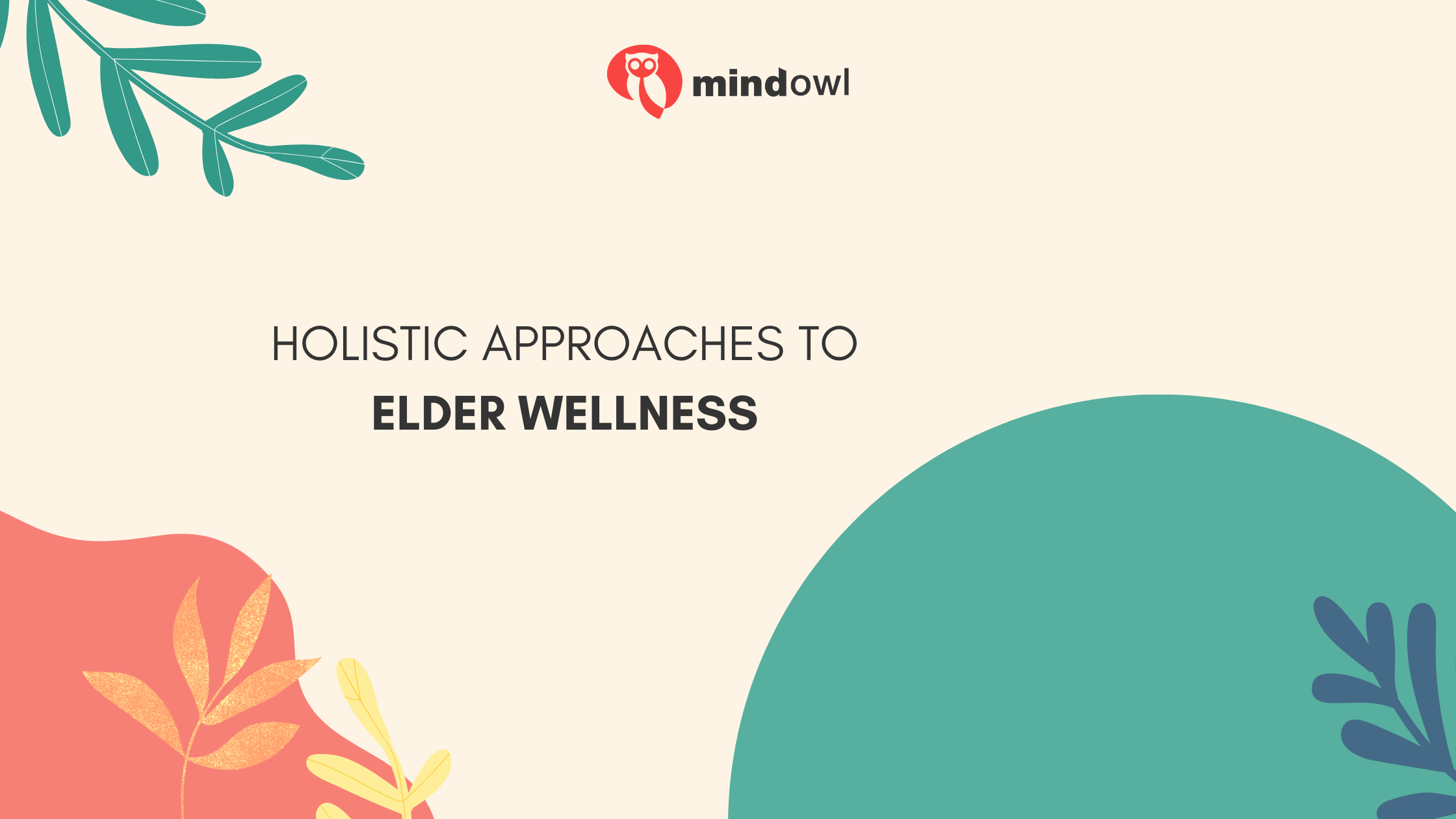As we age, it becomes increasingly important to take a holistic approach to wellness that integrates care for the mind, body, and spirit. Adopting holistic practices can help seniors maintain independence, reduce pain and discomfort, improve mood and cognition, and add meaning and purpose to their later years. Below are some tips for seniors and their home care providers to take a more holistic approach to elder wellness.
Diet and Nutrition
Eating a nutritious diet is essential for overall well-being in our senior years. As we age, our nutritional needs change but nutrients like fiber, protein, vitamins D and B12, and omega-3 fatty acids remain vital.
Seniors should emphasize whole foods like fruits, vegetables, lean proteins, whole grains, nuts, seeds, and healthy fats. Choosing the best healthy cooking oil can further enhance their meals, as oils like olive or avocado oil offer beneficial nutrients that support heart and brain health. Staying hydrated is also crucial. Nutritional supplements can fill gaps if needed. Home care in San Antonio, Texas providers can support seniors in planning and preparing nutritious meals.
Physical Activity
Regular physical activity helps seniors maintain strength, mobility, balance, and coordination. It also aids sleep, digestion, mood, and cognition. Low-impact exercises like walking, swimming, tai chi, and yoga are ideal. Seniors should aim for 150 minutes of moderate activity per week along with some muscle-strengthening exercises. Home care aides can assist with exercise regimens tailored to seniors’ abilities and needs. This helps ensure safety and prevents injury.

Brain Health
Keeping the mind active is key for cognitive health in our later years. Seniors should make time for mentally stimulating activities like puzzles, card games, learning a language, playing music, or taking a class. Social interaction also helps exercise the brain. Home care providers can engage seniors in cognitively stimulating activities and discussions during their visits.
Stress Management and Relaxation
Managing stress through relaxation techniques can improve seniors’ quality of life. Practices like deep breathing, meditation, visualization, tai chi, and yoga help calm the mind and body. Massage and other hands-on therapies can also help seniors relax. Home health aides may incorporate gentle massage or guided meditation into their elder care routines. A relaxing bedtime routine is also beneficial.
Social and Community Connections
Maintaining social bonds and community connections supports mental and emotional health. Seniors should nurture relationships with family and friends through regular contact. They can also connect with others through senior centers, volunteer work, religious communities, or clubs. Home care workers can facilitate social interactions during their visits and help seniors access community resources and events.
Spiritual Wellness
Spirituality can provide a sense of meaning, inner peace, comfort, and community. Seniors can engage in practices like prayer, meditation, yoga, or journaling. They may also find spiritual nourishment through nature, music, art, or community worship. Home care providers should be aware of seniors’ spiritual needs and help facilitate practices that nurture the spirit.
Complementary Therapies
Alternative modalities like acupuncture, massage, aromatherapy, and music and art therapy can enhance seniors’ well-being. Natural supplements like glucosamine and turmeric may also help relieve pain and inflammation. Home health aides can incorporate massage or essential oils into their care plans as appropriate. Providers should inform physicians about supplements seniors are taking.
Adopting holistic self-care practices across mental, physical, social, and spiritual domains can help seniors age gracefully. Small daily habits add up to improved quality of life. Home care providers are invaluable partners in supporting seniors on the holistic wellness journey. With some creativity and flexibility, they can integrate holistic approaches into their elder care plans. The result is better health and contentment in the golden years.
MindOwl Founder – My own struggles in life have led me to this path of understanding the human condition. I graduated with a bachelor’s degree in philosophy before completing a master’s degree in psychology at Regent’s University London. I then completed a postgraduate diploma in philosophical counselling before being trained in ACT (Acceptance and commitment therapy).
I’ve spent the last eight years studying the encounter of meditative practices with modern psychology.

